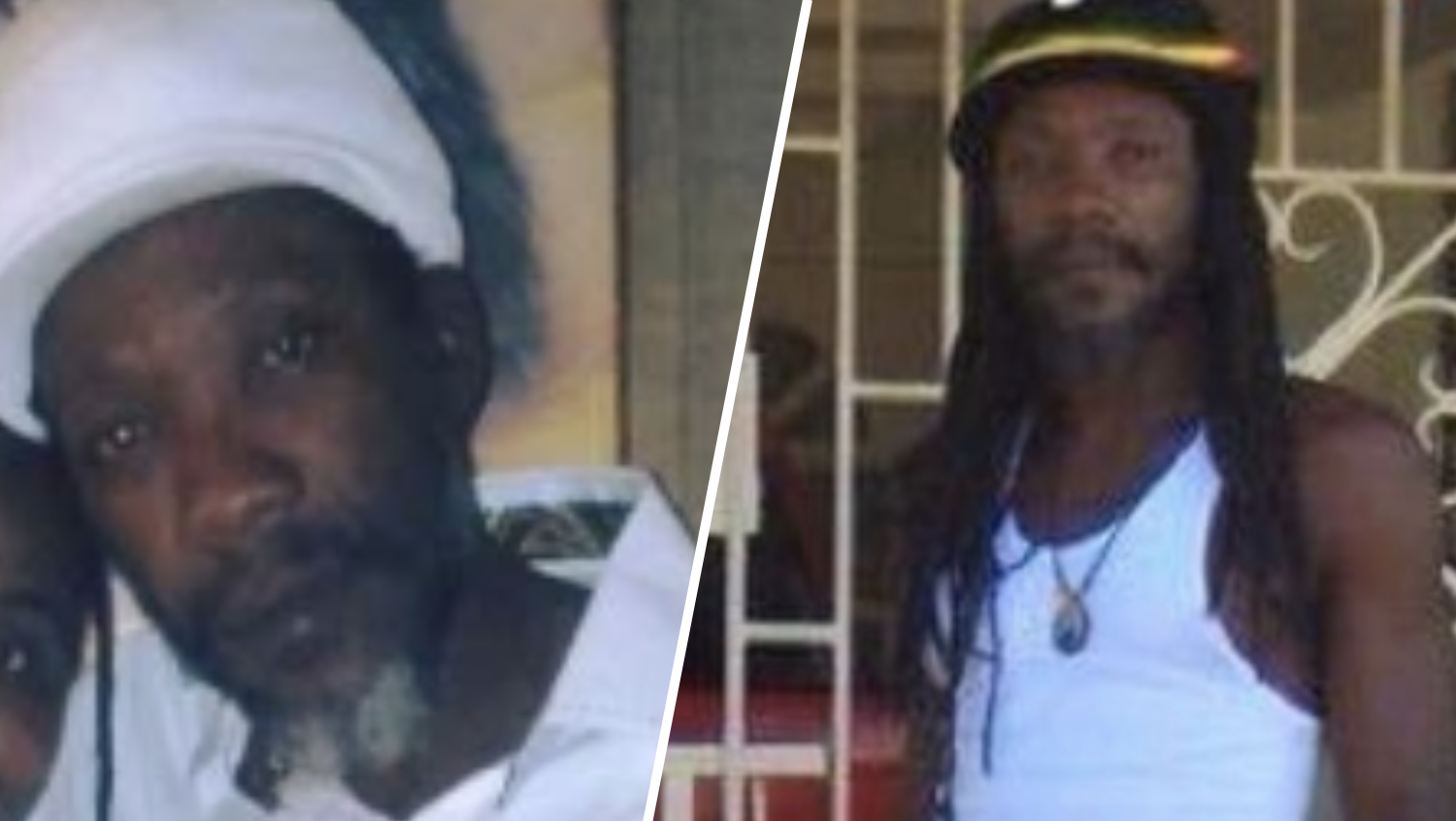There were more tears in the courtroom Monday as videos of the Parkland school shooter were played, including cold-hearted declarations of his intentions and his thoughts about the massacre years afterward.
“Today is the day. The day that it all begins. The day my massacre begins,” Nikolas Cruz is heard and seen on cellphone video, three days before he entered Marjory Stoneman Douglas High School and shot 34 students and staff, killing half, on Feb. 14, 2018.
Watch NBC6 free wherever you are
“All the kids in school will run in fear and hide from the wrath of my power,” Cruz continued, as the video was played for jurors. “I am nothing. I am no one. My life is nothing and meaningless.”
Get local news you need to know to start your day with NBC 6's News Headlines newsletter.
With his testimony interrupted by Hurricane Ian on Sept. 28, forensic psychiatrist Dr. Charles Scott was back on the witness stand for the state Monday morning.
He countered the defense team’s assertion that the shooter suffered from a lifetime of emotional, physical, and mental health issues that prompted his cruel behavior.
Scott noted the gunman had all kinds of psychological interventions beginning in elementary school and was not as impulsive and out of control as the defense claimed.
Local
“He controlled his behavior sometimes when he wanted to,” Scott said.
The shooter worked at a Dollar Tree store at one point and “interacted with a range of people who came into the store, and he controlled his behavior at different times both in and out of school,” Scott said.
Jurors watched several edited sections of videos from 20 hours of psychiatric sessions that Scott conducted with the gunman over three days last March.
The shooter was matter-of-fact about what he did and why.
“I think there was a security guard in the hallway I told you about [school athletic director Chris Hixon] who I think gave me a nasty look, so I shot him in the head,” Cruz said. “[Murdered student] Peter Wang also gave me a nasty look.”
The gunman seemed interested in how people died.
“I thought [the victims] would scream but it was more like they passed out,” Cruz said. “[They] would pass out and blood just came pouring out of their head. It was really nasty and sad to see.”
The shooter told Dr. Scott that he wanted to show some “mercy” and "walk away" but didn’t like the look some of his victims gave him.
“I thought they were going to attack me, or something,” Cruz said.
When asked why he stopped shooting when he did, he answered, "I couldn't find anyone to kill."
Scott discounted the effects of fetal alcohol syndrome as a contributing cause of Cruz’s behavior after being born to a mother with drug and alcohol addictions. The gunman planned the massacre months in advance indicating premeditation which is not a symptom, he said.
“My final diagnosis is anti-social personality disorder, borderline personality disorder, and he had a history of conduct disorder,” Scott testified.
On cross-examination, lead defense attorney Melisa McNeill listed several times that teachers and mental health experts recommended Cruz get psychological evaluations and treatment.
Cruz may have worked at Dollar Tree after his adoptive mother filled out his job application, but he was rejected by five other employers, McNeill said.
With regard to his online searches for information on violent mass shootings, McNeill also pointed out Cruz searched for self-help websites seeking insight into his disruptive behavior.
Next on the witness stand was former MSD student Kyle Horrigan who graduated in 2018.
Jurors were shown a picture Horrigan took of an orange backpack worn by Cruz in a school hallway that had a racist declaration and swastika written on the back.
“I was personally shocked by it,” Horrigan said. “That someone would walk around in public with that, much less a school, like I said, be brave enough to wear that… obvious racial hate displayed on the bag."
Monday's testimony ended with neuro-psychologist Dr. Robert Denney who studies the causes of criminal behavior, among other specialties. Testimony resumes Tuesday.
There have been 26 days of testimony, so far. The state’s rebuttal is expected to run through Friday with closing arguments scheduled to begin on Oct. 10.
The defense is fighting for a life sentence without parole. That would require only one of the 12 jurors to vote against the death penalty for each of the 17 murders.
The state is seeking the death penalty for the man who turned 24 on Sept. 24.



